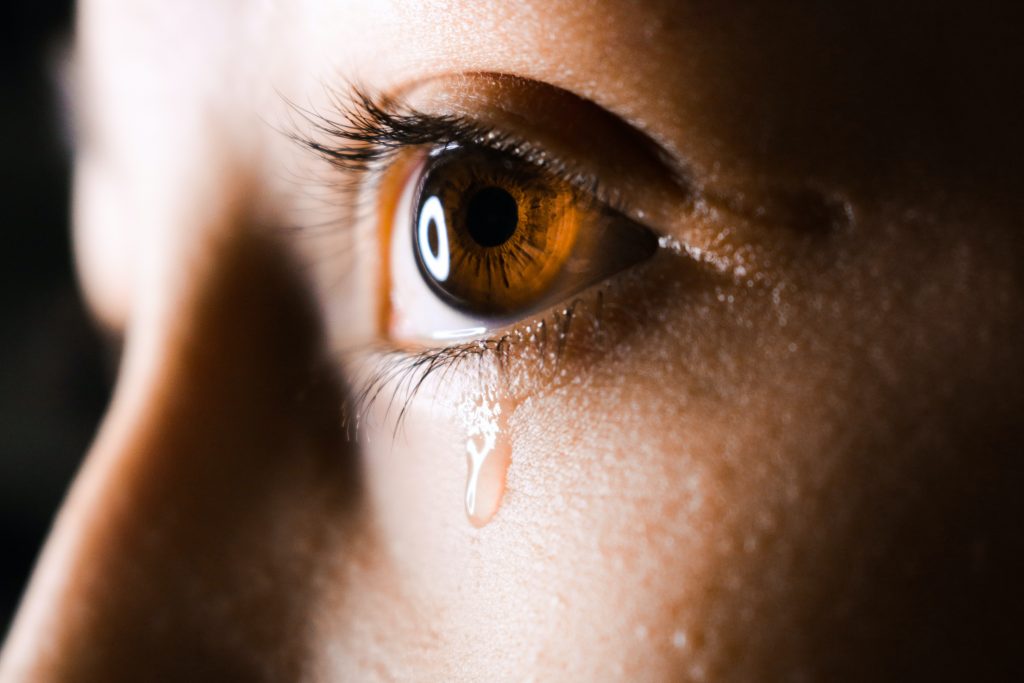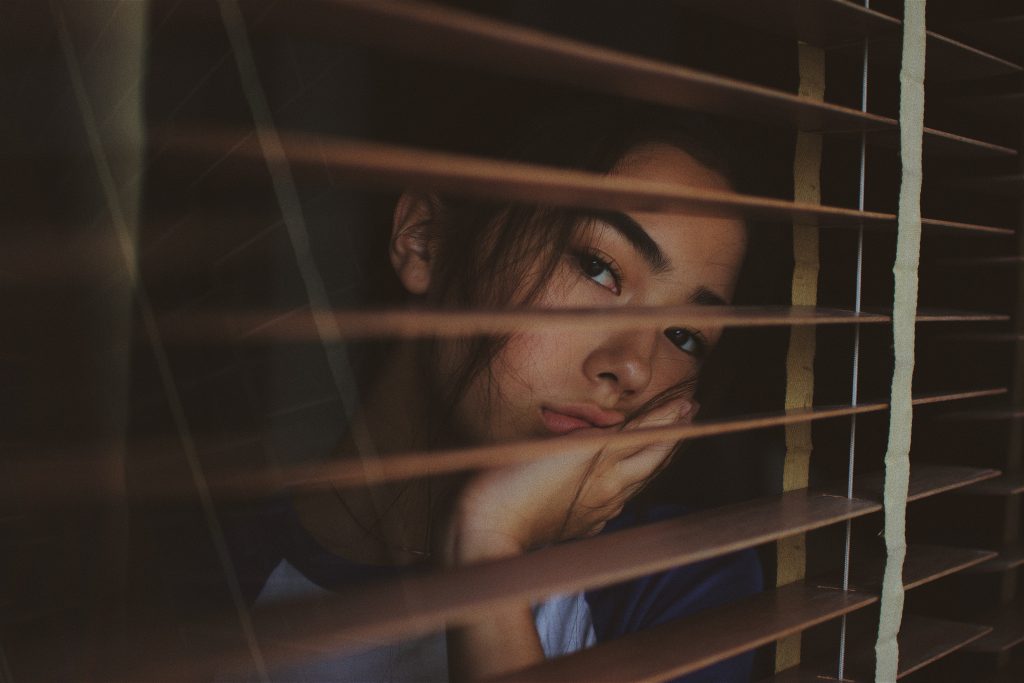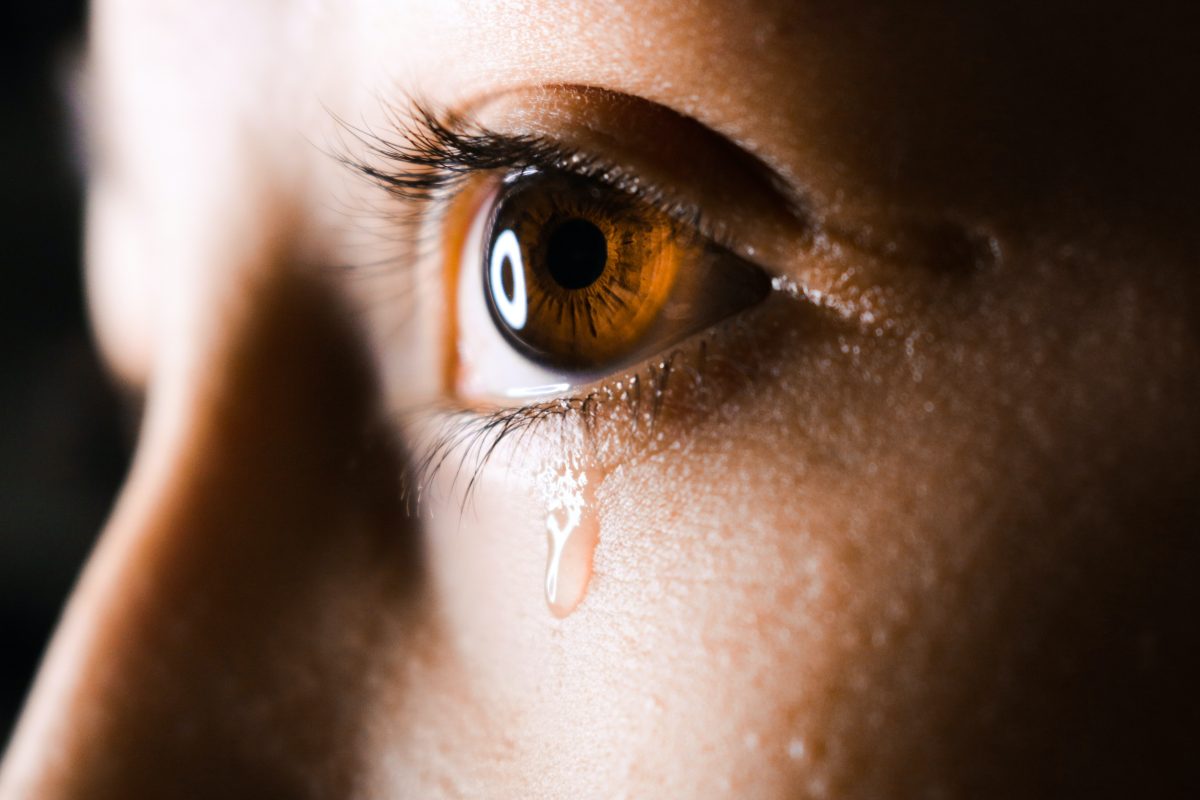These are heavy times. As the coronavirus pandemic continues to sweep the globe and has reached unprecedented numbers in America, we are facing the reality that it’s not going anywhere soon. In pandemic life, with all the associated hardships it brings, many of us are feeling a bit down. But are we sad or are we depressed?
Dr. Pauline Boss, Professor Emeritus at the University of Minnesota and the pioneer who discovered ambiguous loss in the 1970s, wants us to understand that there is a big difference between sadness and depression. She believes it is normal and appropriate to feel sad during times like these and worries that such feelings will be mislabelled as depression.
In my conversation with her, Boss pointed out that the pandemic has brought a variety of losses into our lives, both clear cut and vague. “We’ve had a loss of feeling safe and secure, a loss of control over our own lives, a loss of trust in the world as a safe place,” says Boss. “Those losses are ambiguous. But there are also clear cut losses, like the loss of loved ones or of jobs. Or experiencing bankruptcy.”
“No wonder people are feeling weary,” Boss explains. “I really think the word ‘ennui’ fits, it’s a kind of world-weariness. A heaviness. And it’s perfectly normal to feel that way, especially the longer the pandemic goes on, the longer our leaders fight, the more there is no end in sight.”
Her point is that this world-weariness so many of us are feeling could be misdiagnosed as depression. It’s not.
“This is not a clinical depression, but it might be called that traditionally,” Boss explains. “It is a normal reaction to a pathological situation.”
The danger for Boss is that clinicians may pathologize people for what is a normal reaction to “a crazy and irrational situation.” “Things are so totally out of the control right now that you can’t be with your loved ones, or you can’t have your daily routine. You can’t even go to a ballgame or have graduation. And how are we supposed to school our children? Parents of children are working. It’s just chaos,” says Boss.
Sadness is Not Depression
The question of how we define depression, and of whether we are helping people when we label them with it, is a crucial one. As more and more clinicians and researchers question whether depression could be better understood as an adaptive response to adversity, rather than a mental illness, Dr. Boss wants to make sure that we at least get clear on sadness.

“I worry about giving a healthy person a diagnosis of illness,” says Boss. “A friend of mine who was grieving her husband’s deterioration from dementia was sent to talk to a therapist and was given a diagnosis of depression. She called me and said, ‘I feel terrible. It turns out I’m sick now too.’ I responded, ‘You are not depressed! You are sad and you have a right to be sad because your husband is fading away.’”article continues after advertisement
Labels like depression carry a narrative of mental illness. For many, that creates an additional burden.
When it comes to the pandemic, Boss argues that we have a problem of stress, not a problem of mental illness when it comes to feelings of “ennui” and sadness. “The treatment for sadness is human connection. If we aren’t sad right now then there is something wrong with us. There is a weariness now that is normal and natural and typical.”
The problem for Boss is that “There is nothing in the DSM (the Diagnostic and Statistical Manual that outlines criteria for diagnosing mental health problems) to cover the stresses of an extraordinary life with the pandemic. I am afraid sometimes people are given diagnoses for convenience.” And there is certainly the issue of getting the services people need to be covered by insurance companies. How likely is an insurance company to cover “supportive counselingfor grief and stress” rather than depression?
A Mastery-Oriented Culture
But it’s not all an issue of our limited labels or of how services are covered, because much of Boss’s work has focused on the nature of our culture. “Our culture is a culture of mastery,” says Boss. “We like winning. We don’t like losing. We like to be in control.”
She is quick to point out that a mastery-oriented culture has strengths, like the willingness to find solutions to problems that look unsolvable. She credits the mastery-orientation with many of America’s solutions to technological and scientific challenges.
But the weakness in the mastery-based culture shows up during hard times. “Now and then something bad happens and it is nobody’s fault,” says Boss. The problem is that we don’t really believe that.
“Suffering is a dirty word in our culture. We don’t like to be around people who are suffering, we move away from them, we think there is something wrong with them. We don’t like to go to parts of the neighborhood where people are suffering.” And when people are grieving, “we are so mastery-oriented we tend to shame people who aren’t over things and back to work in a few days,” says Boss.article continues after advertisement

That’s not how grief actually works. You can’t just get over it, particularly when the loss is ambiguous, meaning that it has no clear ending. “The more you allow people to feel the grief, the sooner they will find a new way to live life without what they’ve lost,” says Boss. “People can live with loss and grief and live a relatively good life. Twenty years from the time you lost someone you may shed a tear again.”
That is not depression for Boss, but she does find that grief is often mislabelled as depression. “Sadness hangs over you. It’s real, it’s painful, it’s suffering and it’s normal.”
“We need to know that suffering is part of life and is likely to be part of our lives. It hurts and yet we can live with it and we should not be ashamed of it.”
Unfortunately, shame around suffering comes naturally in our culture. It comes back to the desire for mastery. “We want what we want when we want it, and we don’t want to feel pain. When pain happens to someone, like someone fails at a business, or somebody has cancer, somebody loses a loved one, then in a mastery culture we blame them because we don’t want to believe it is random,” says Boss. “We say that if you work hard you’ll succeed. Or that bad things only happen to bad and lazy people. But that’s not true.”article continues after advertisement
“Now and then something comes up that we can’t control,” says Boss. Like the pandemic. And that’s when Boss believes we have to do the hard thing and say, “there is something bigger than us right now and we have to do what scientists say to take of ourselves.”
Find a Way to Connect
So how do we manage with the world-weariness we are facing? Like most experts, Boss wants us to find a way to connect. “One of the saving features is Zoom where you can have some social contact. I just had a yoga session with women I’ve known for years, and it still felt good. There was no touching or hugging or looking into each other’s eyes, but it was something,” she says. She has been sequestered since March and is feeling the isolation.
On the other hand, given that family stress is her area of expertise, she wants us to have compassion for parents. With everyone at home, “parents are just longing for some time alone.”
Find a Sense of Control
With the world feeling so out of our control, Boss believes that we have to find another way to find control. “We are not in charge of our own destinies at the moment. So how do we stay in control in the midst of the situation we have?”
“I encourage people to find something to control each day because as human beings we need something. Some people go inside themselves and listen to music, or meditate or do yoga. Other people go running, or learn a new recipe. I think it’s a human need to have something that has a beginning, a middle, and an end. We need an answer. I used to say go clean up your silverware drawer,” says Boss.article continues after advertisement
“I’m writing a book because I can’t control anything else. I think this is admirable to have a purpose and to stay in control of their own lives. It’s a very important coping strategy.”
Dr. Pauline Boss’s upcoming book is Ambiguous Loss: Pandemic and the Myth of Closure, due from W.W. Norton in 2021.
Would you like to parent with less anxiety? Sign up for my free email course and learn the pediatrician’s method that will transform your home.
Originally published at https://www.psychologytoday.com.

